The Dead List: These Cars Won't Return for 2023
Consumers will find even fewer new coupes and sedans in dealer showrooms.
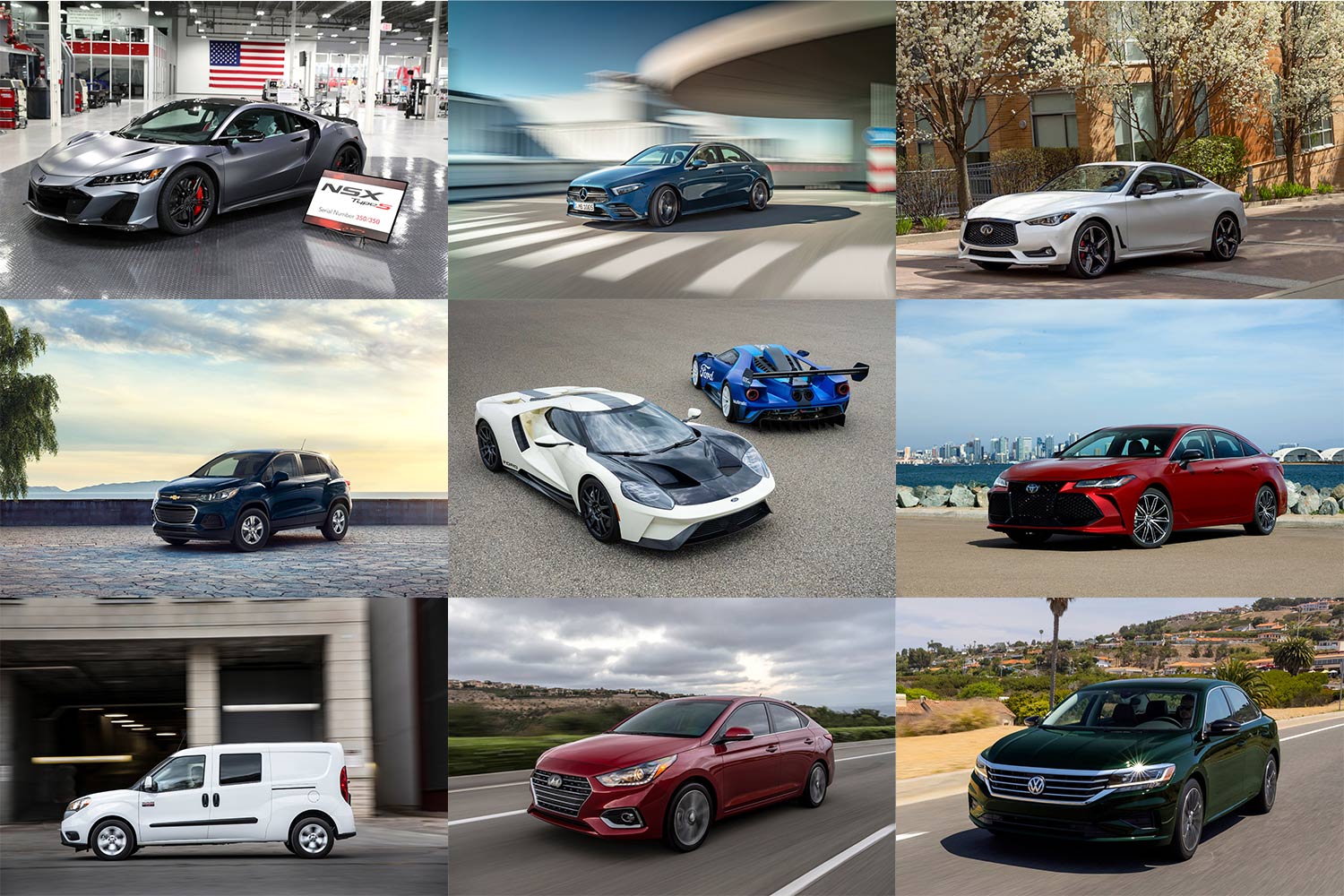 Photos by Multiple Manufacturers
Photos by Multiple Manufacturers
Several once-popular cars and SUVs are headed to the automotive graveyard for the 2023 model year as manufacturers tweak their lineups to focus on models that sell best. Automakers have little incentive to build cars that don’t sell well. In addition, a few themes tie together many of the discontinued vehicles:
- They may be older models ripe for a redesign, but have been passed over
- They may have faced years of slipping sales
- A new or upcoming model may make the existing vehicle irrelevant in the automaker’s lineup
- Buyers have shifted their interests strongly in favor of SUVs and trucks, leaving coupes and sedans struggling to find homes
Here’s a look at models from mainstream automakers that won’t be back for 2023.
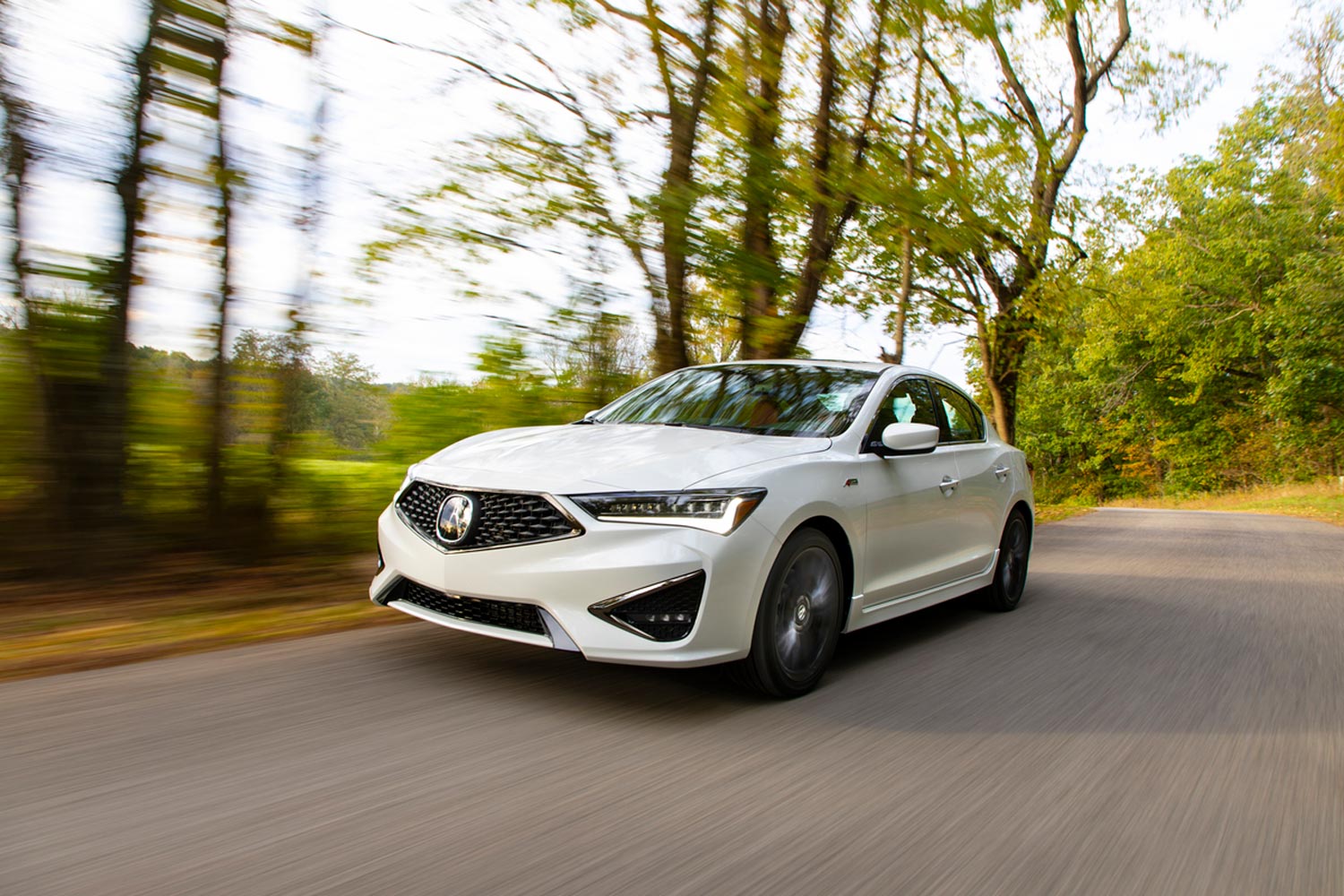
Acura ILX
The dated Acura ILX—its design bowed way back in 2012—gives way to a new model bearing a familiar name: Integra. While Acura based the ILX on a platform shared with a previous version of its parent Honda’s Civic, the new Integra shares its bones with the current, new-for-2022 Civic. Consider this more of a substitution than a discontinuation.
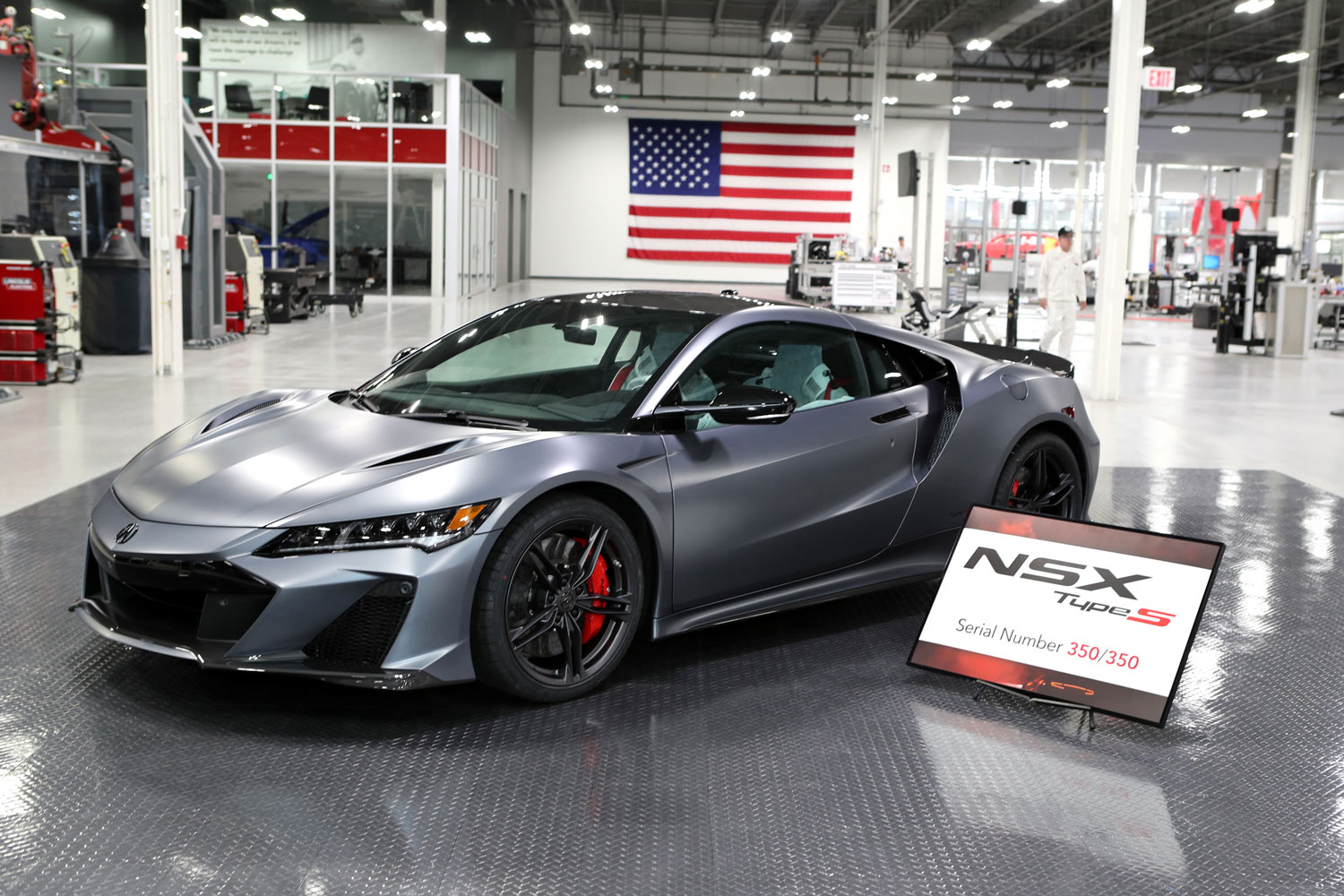 Acura
Acura
Acura NSX
Don’t close the books on the Acura NSX just yet. The automaker said last year that another model would arrive at some point, but we’ll have to wait to see if it will continue the outgoing hybrid supercar’s march toward full electrification.
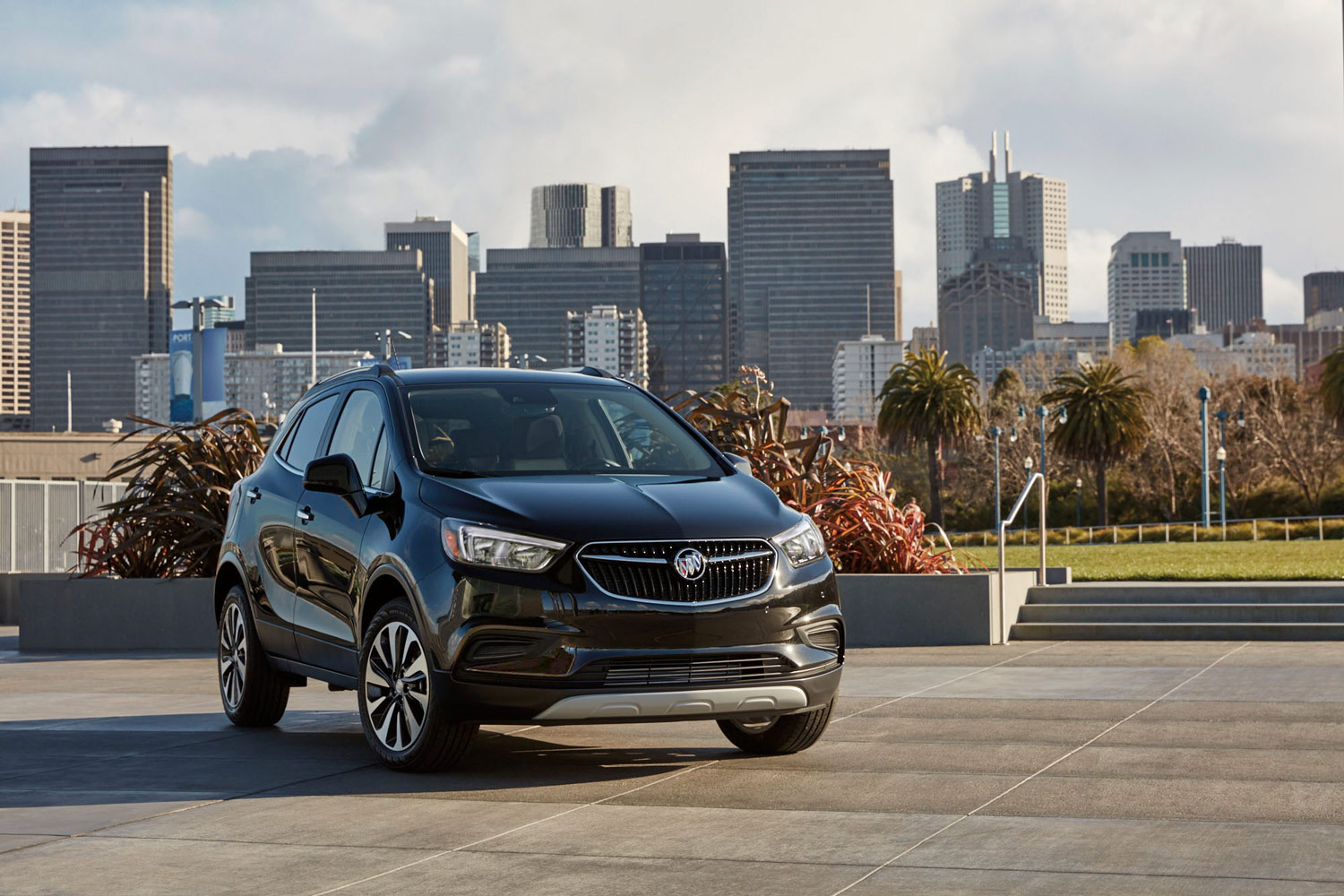 Buick
Buick
Buick Encore
When the slightly bigger and far more modern Encore GX arrived for the 2020 model year, it was only a matter of time before Buick would drop the new model’s predecessor.
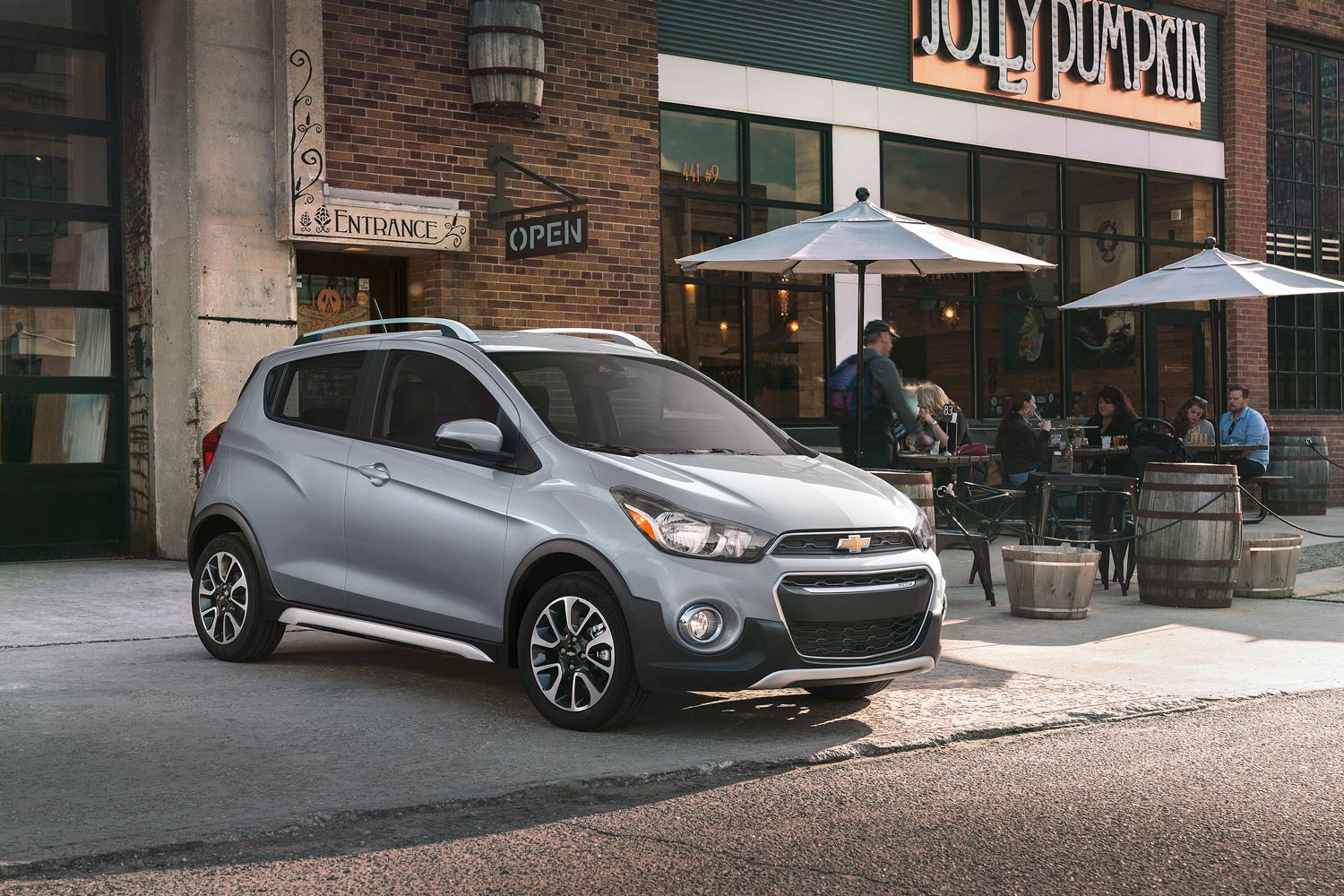 Chevrolet
Chevrolet
Chevrolet Spark
By discontinuing the slow-selling Spark, Chevy—and the Detroit auto industry—closes the last door on subcompact cars. Chevrolet delivered 13,708 Sparks in 2022, which is about as many Silverado pickups as it sells in nine-and-a-half days.
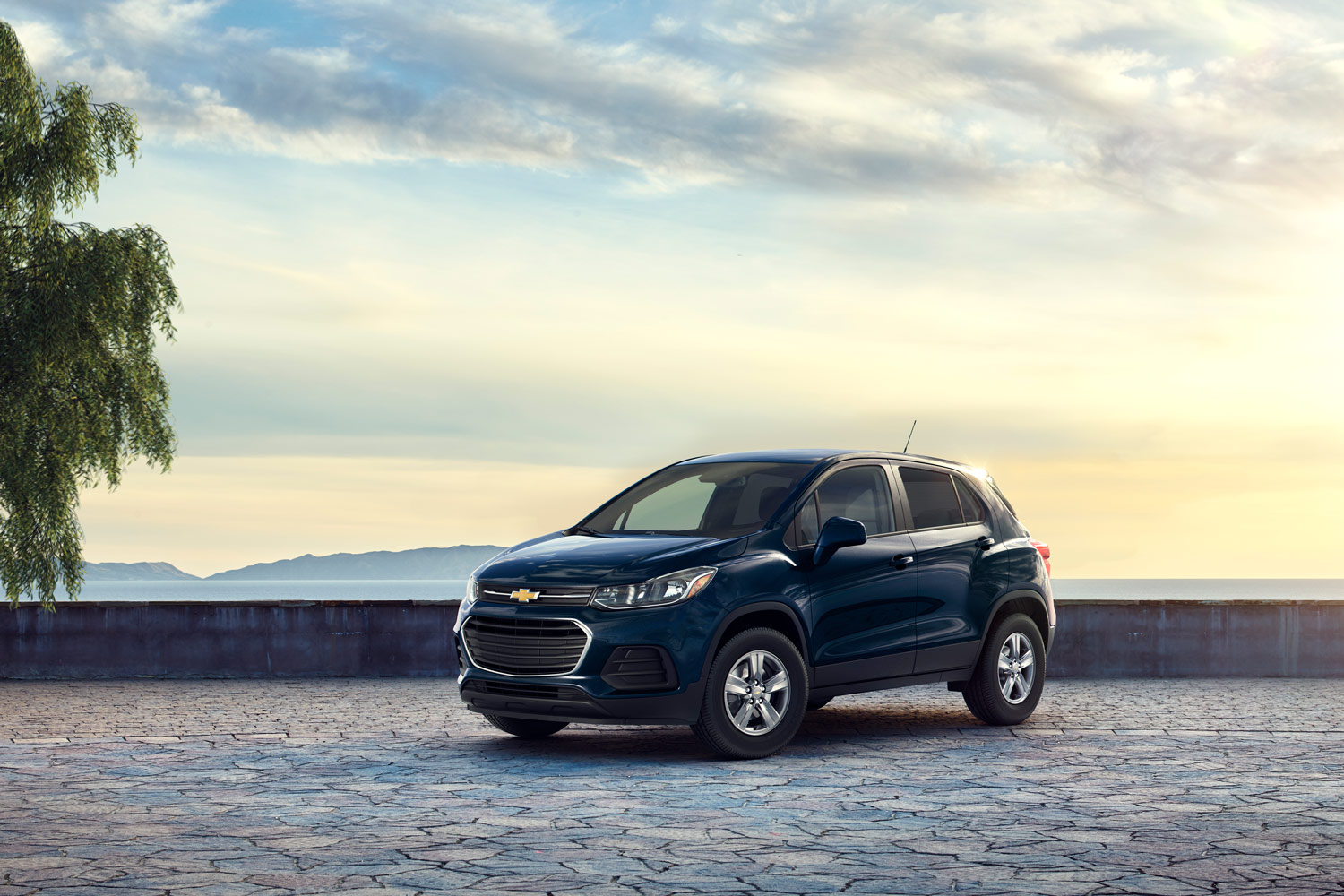 Chevrolet
Chevrolet
Chevrolet Trax
Don’t mourn the Chevy Trax for long. The model takes an ultra-short hiatus for 2023 before a redesigned, larger, and more powerful 2024 Trax arrives.
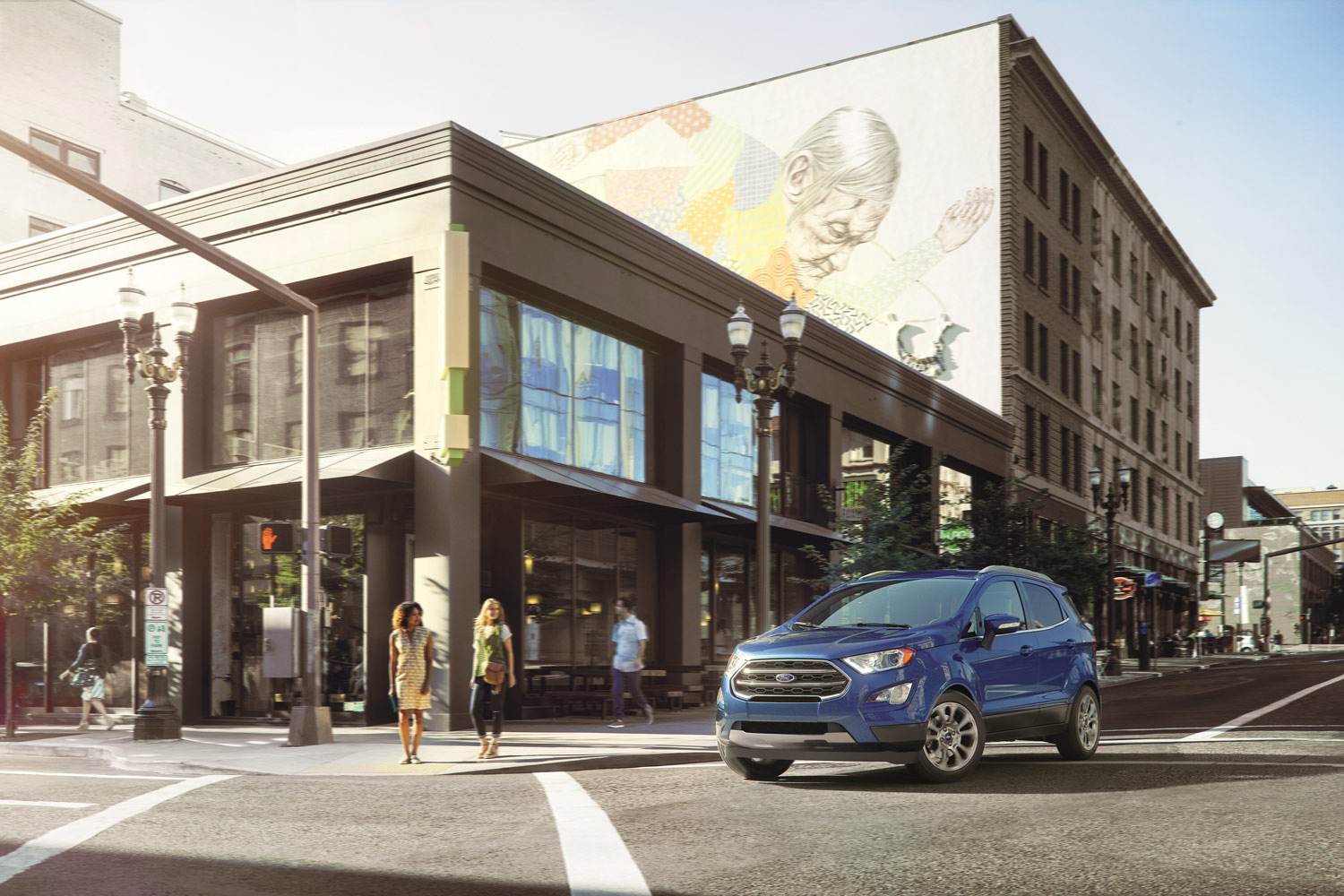 Ford
Ford
Ford EcoSport
The tiny EcoSport accounts for an equally small slice of Ford’s sales. About 29,000 found buyers in 2022. By comparison, Ford sold more than quadruple that number of Escape SUVs. The EcoSport lacks automatic emergency braking, a feature most automakers have said they will install in nearly all of their cars by late August 2023.
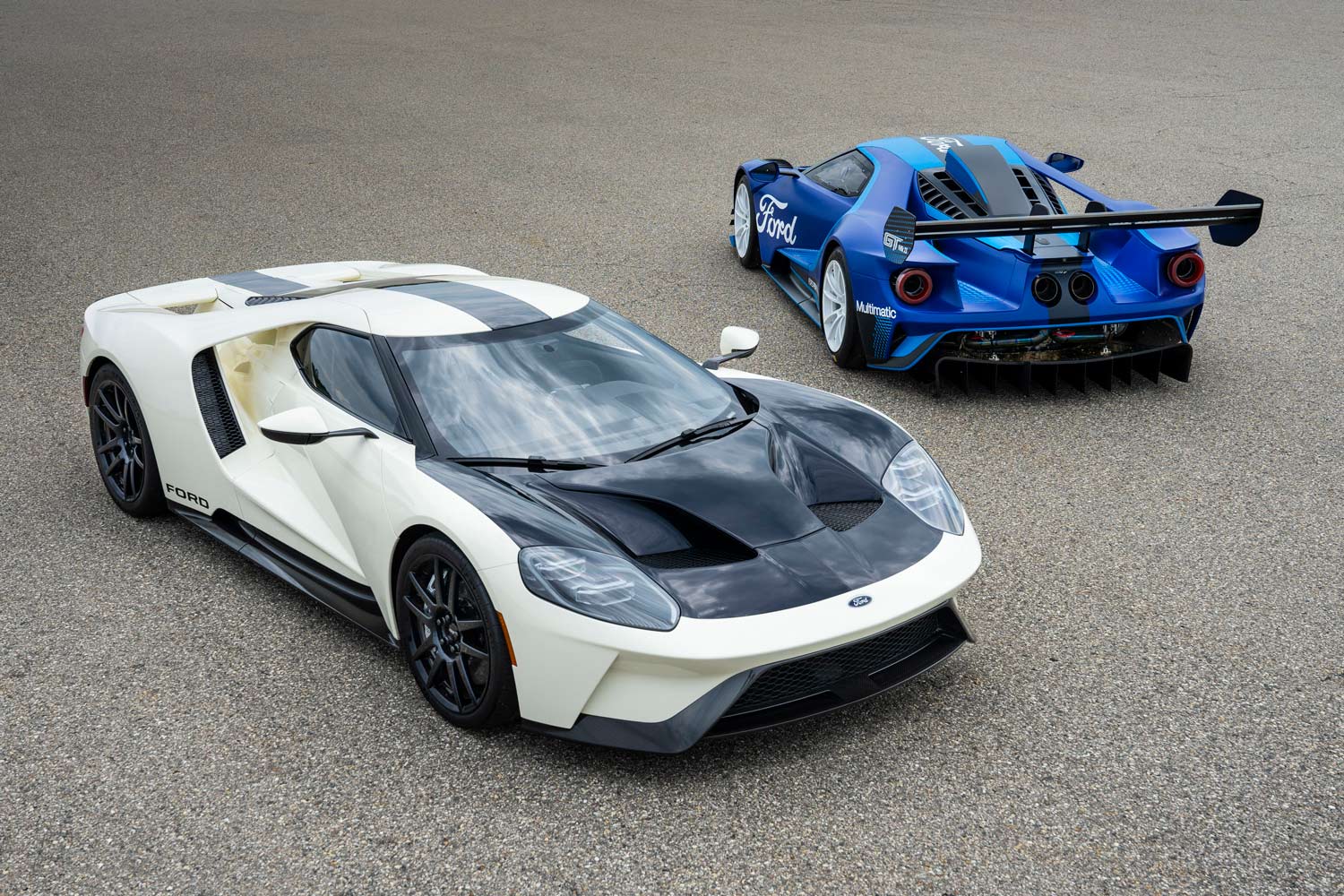 Ford
Ford
Ford GT
Ford built its final run of supercars in late 2022, but don’t expect to see any languishing on dealer lots with a significant discount off the half-million-dollar price tag. The latest evolution of the GT—a spiritual descendent of the car Ford developed when its attempts to purchase Ferrari failed in the 1960s—was intended to be limited in scope. Ford planned to build 1,000 examples, but early solid demand prompted them to add another 350.
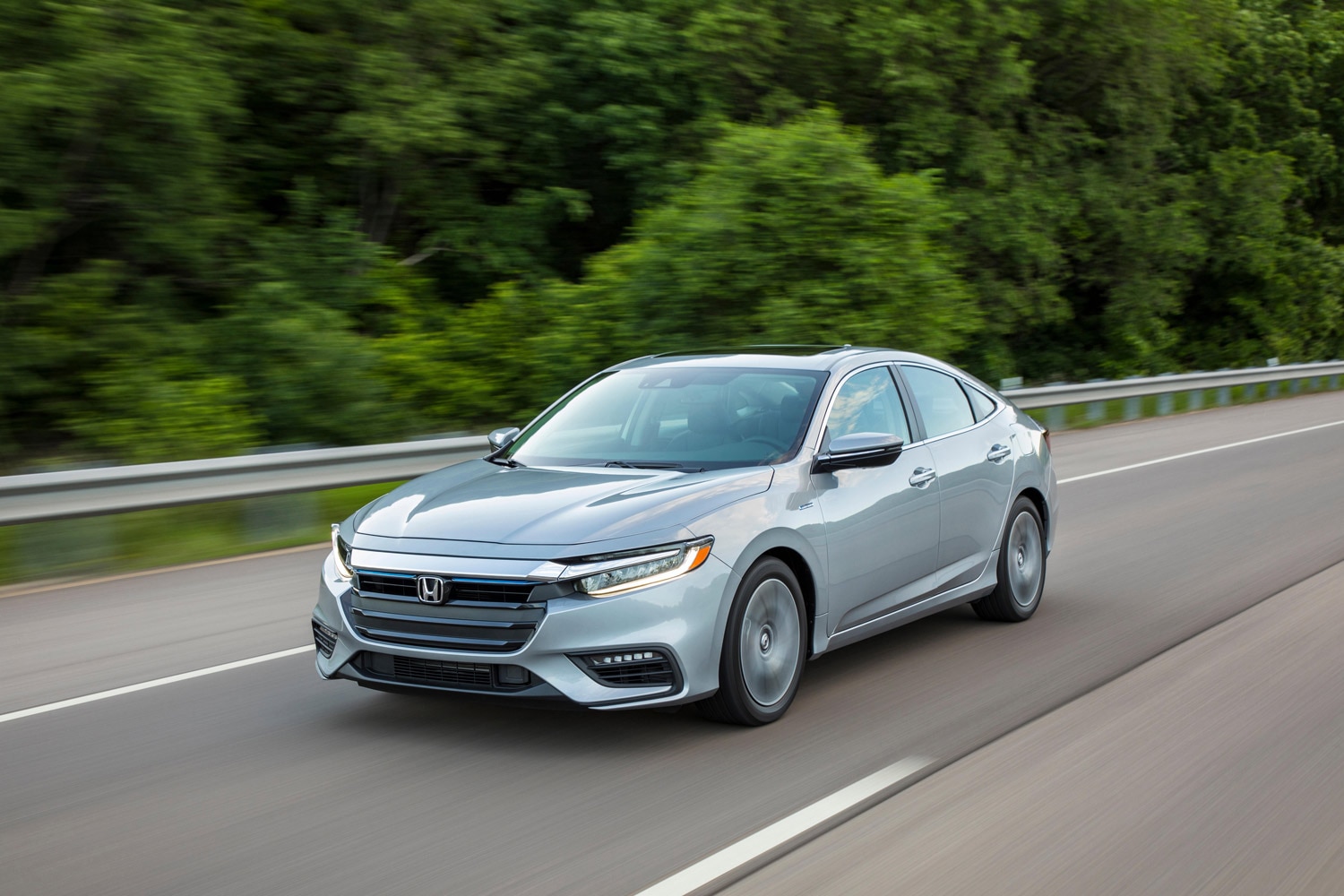 Honda
Honda
Honda Insight
The upcoming introduction of a new Honda Civic Hybrid seems to make the automaker’s Civic-sized Insight hybrid redundant, so out to pasture it goes.
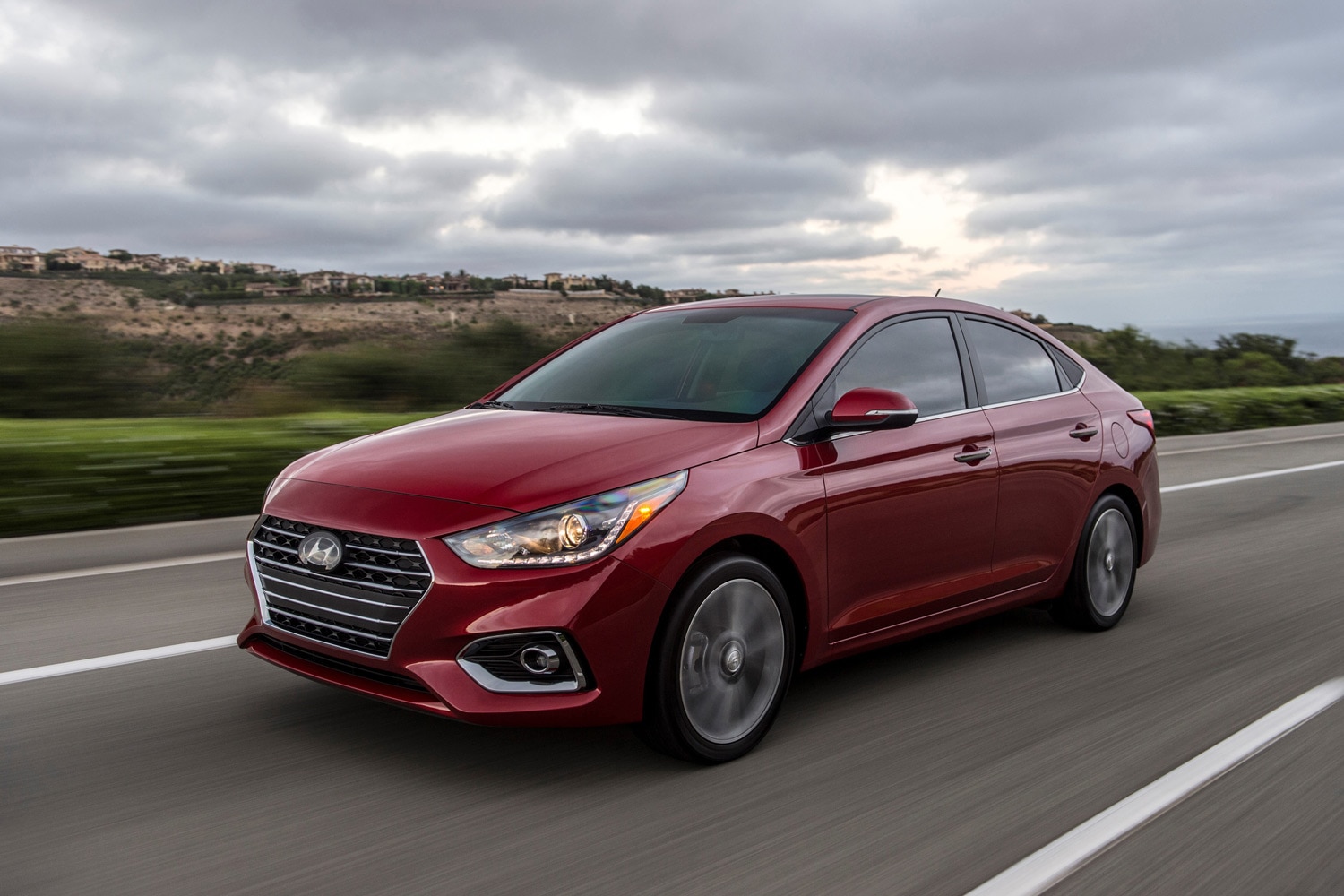 Hyundai
Hyundai
Hyundai Accent
If the number of SUVs in today’s parking lots isn’t a clear enough indication that consumer tastes have shifted toward high-riding models, consider the dropped-for-2023 Hyundai Accent. Through 2022, Hyundai sold nearly 10,000 more Venue SUVs than Accent sedans. The two are roughly identical underneath, but the Venue has boxy styling and a higher seating position.
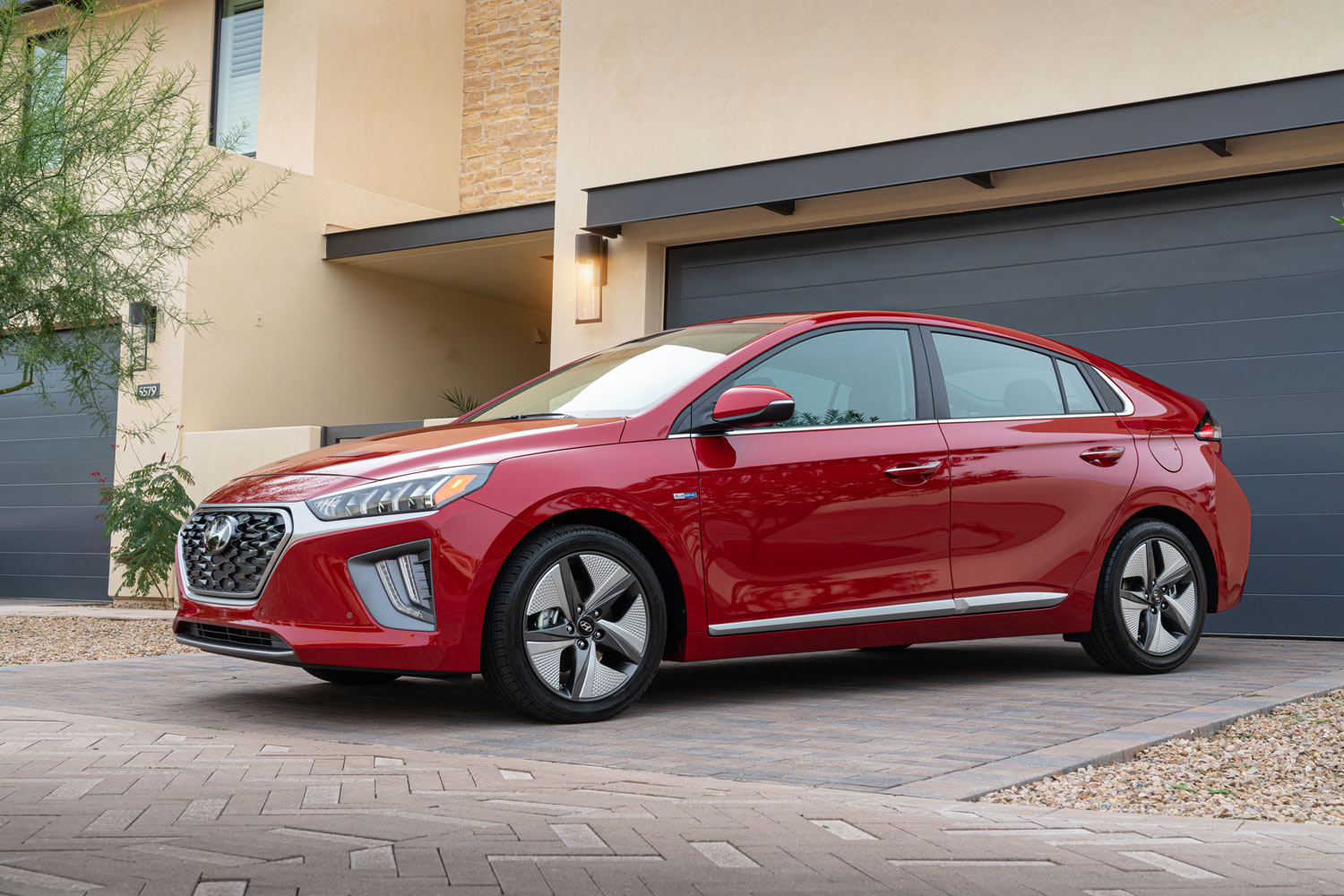 Hyundai
Hyundai
Hyundai Ioniq
Priced, sized, and outfitted like the recently redesigned Hyundai Elantra Hybrid, the Ioniq hybrid is an easy-to-justify cut for Hyundai. The Ioniq name lives on in a growing range of electric cars.
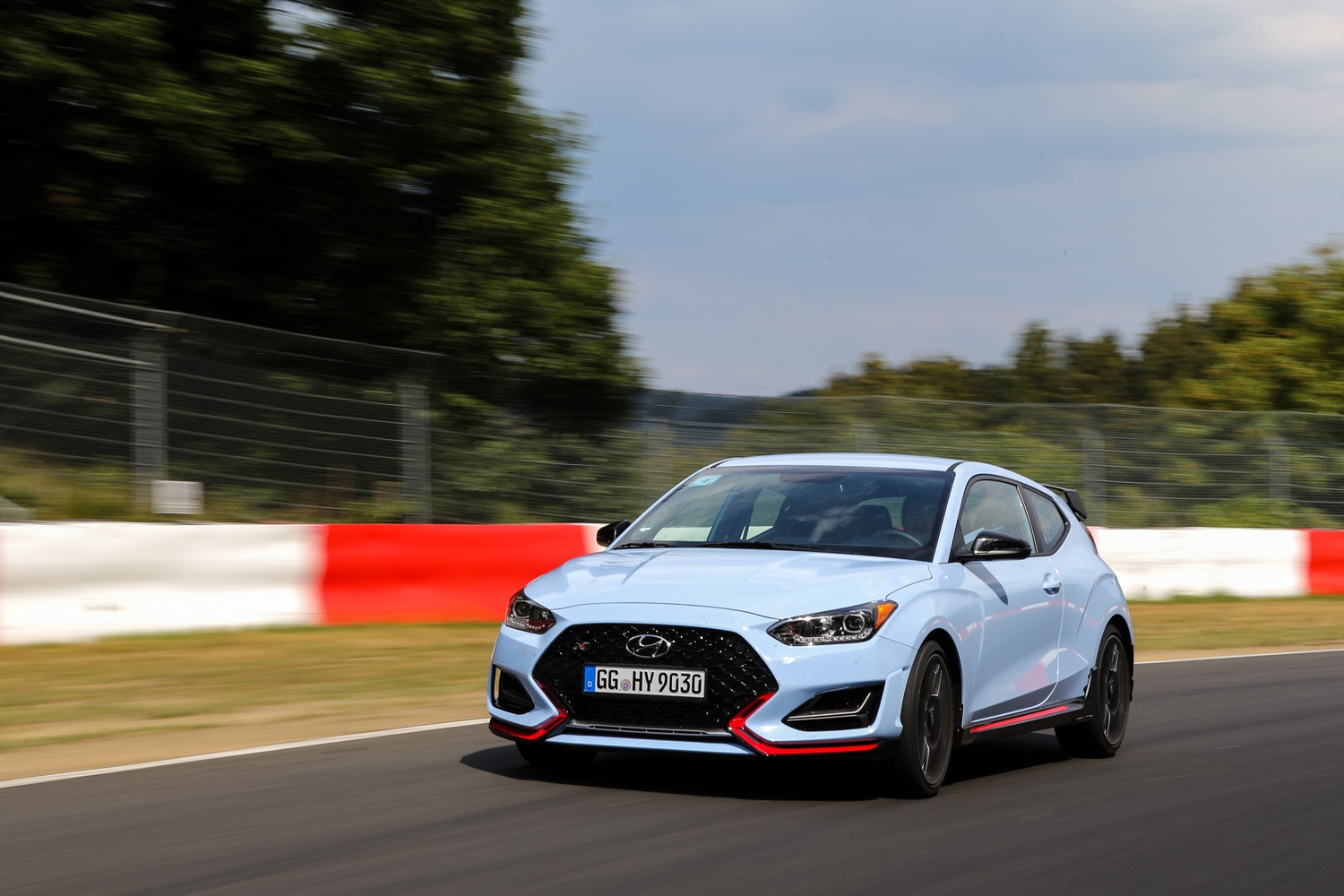 Hyundai
Hyundai
Hyundai Veloster
Hyundai chipped away at the Veloster lineup last year when it dialed back to just a single model: the sporty, 276-hp Veloster N. Fewer than 2,000 examples rolled out of Hyundai showrooms in 2022. Filling its tire tracks is the much-less-quirky Elantra N.
 Infiniti
Infiniti
Infiniti Q60
Coupes may be stylish, but they’re unpopular. Infiniti sold just 1,847 Q60 two-doors during all of 2022, making it the brand’s least-successful model.
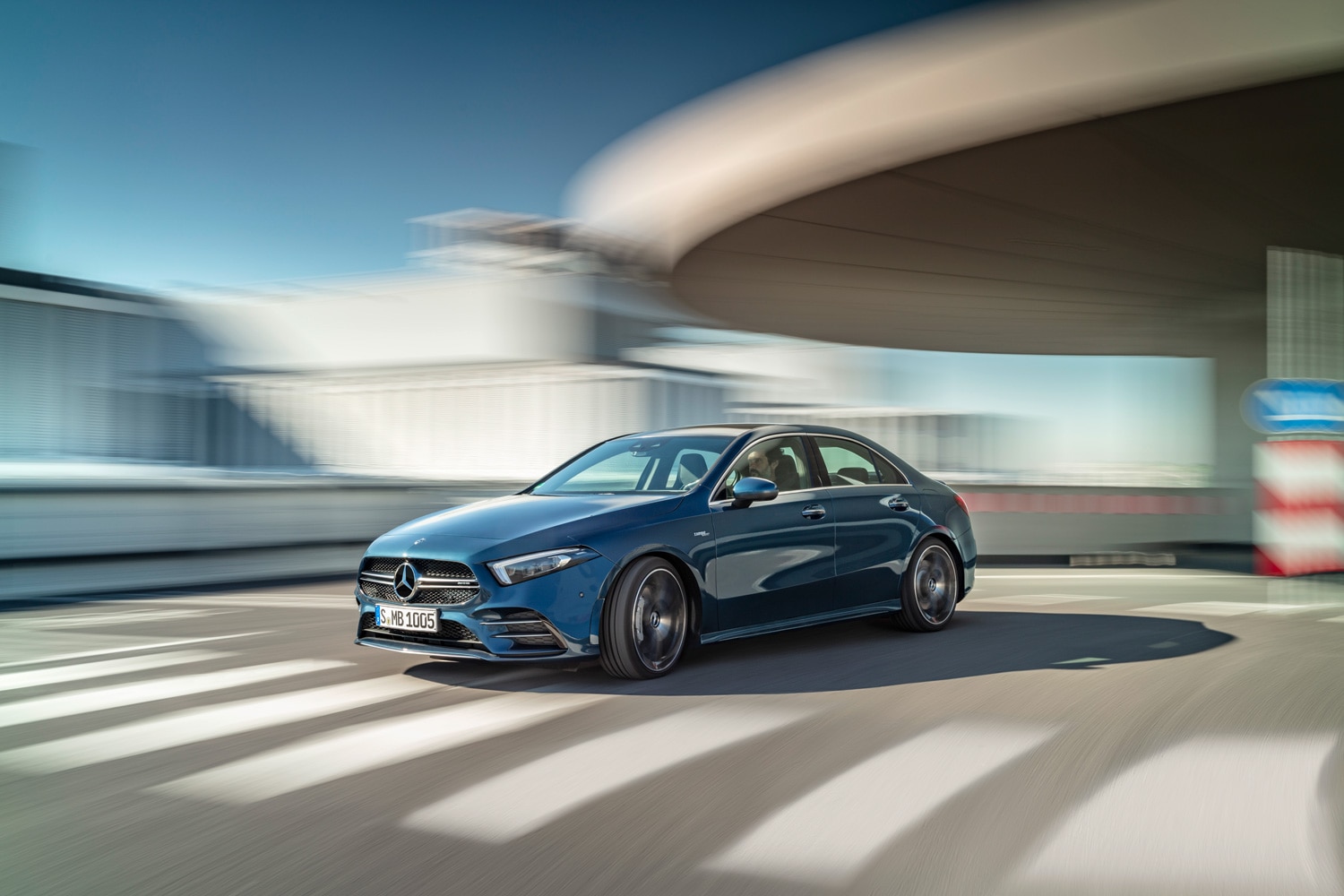 Mercedes-Benz
Mercedes-Benz
Mercedes-Benz A-Class
Talk about a short run. The cheapest Mercedes-Benz model faced plenty of cross-showroom competition from two siblings: the sleeker CLA-Class and the more spacious GLA-Class SUV. The A-Class outsells the CLA, but ultimately Mercedes chose to keep the costlier of the two for 2023.
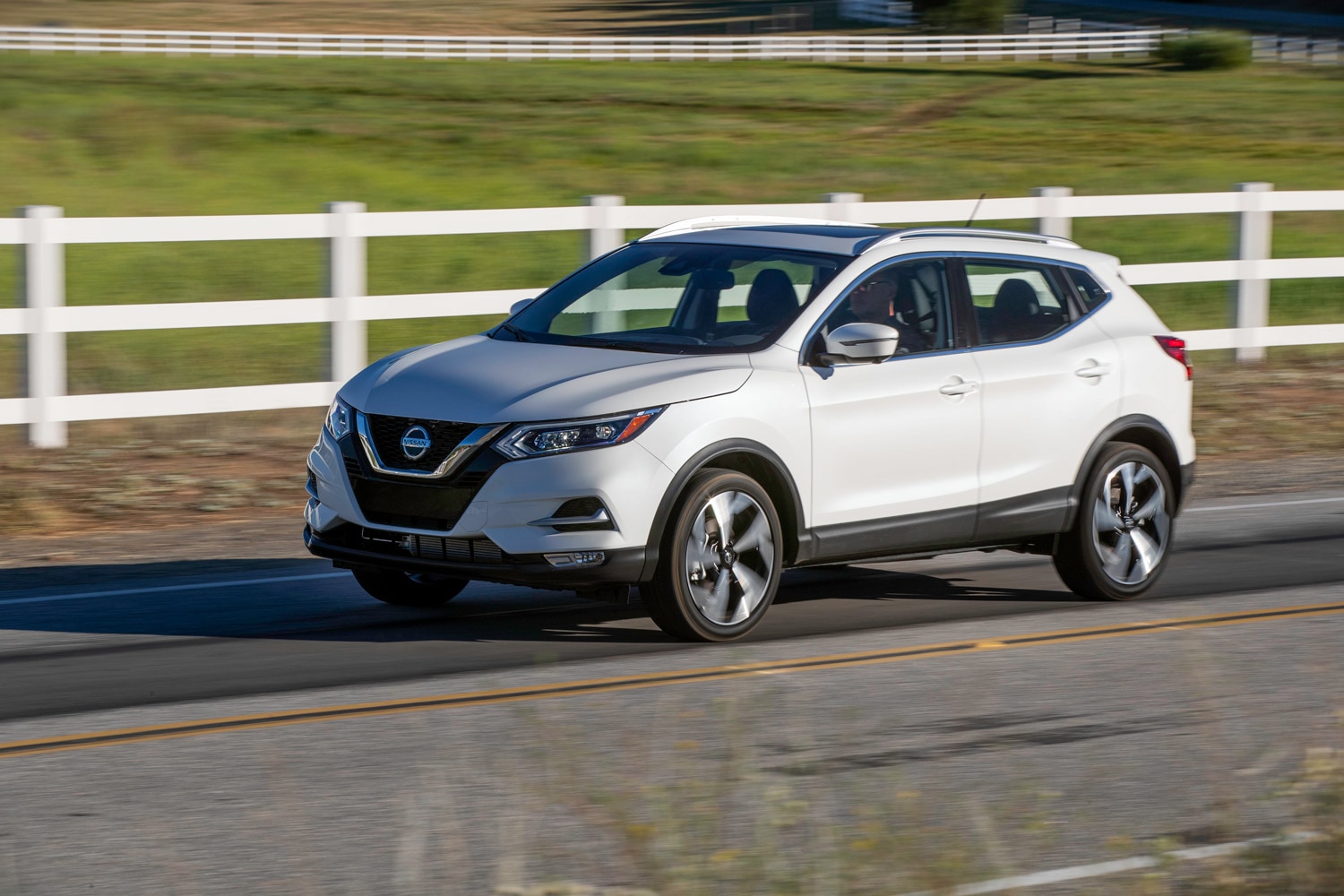 Nissan
Nissan
Nissan Rogue Sport
Pinched between the entry-level Nissan Kicks and the redesigned-for-2021 Rogue, the Rogue Sport may have been challenging for some shoppers. Nissan sells it outside the U.S. as the Qashqai, a recently revamped model. Perhaps Nissan will offer the Qashqai here—along with a course to help many consumers pronounce its name.
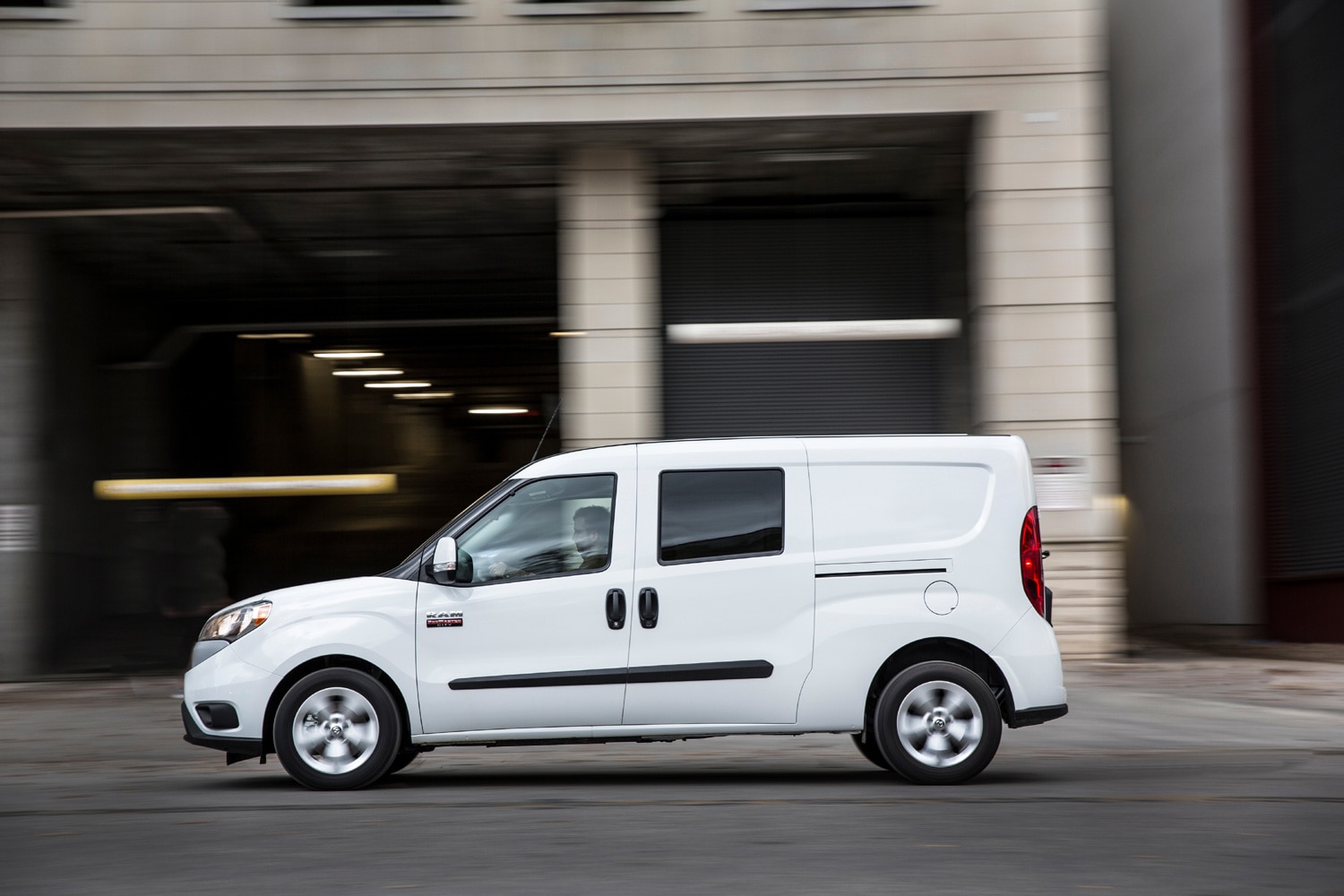 Ram
Ram
Ram ProMaster City
The small utility van segment gets a little smaller in 2023, as Ram discontinues the ProMaster City. The larger ProMaster will continue to be sold in the U.S. The move mirrors decisions by Ford and Mercedes-Benz, which plan to discontinue the Transit Connect and Metris vans, respectively, during 2023.
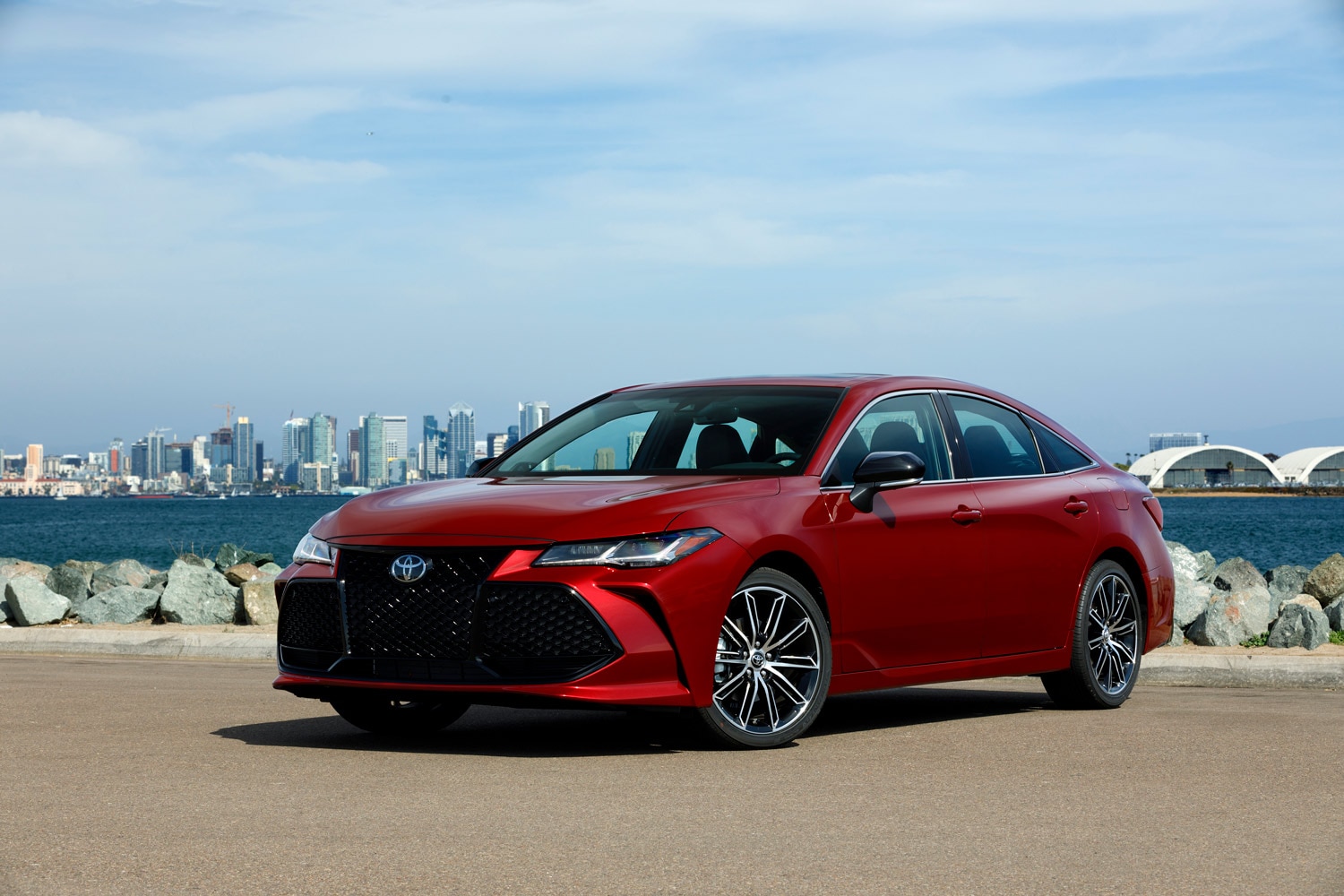 Toyota
Toyota
Toyota Avalon
As Toyota continues to chip away at its sedan lineup (the subcompact Yaris died after 2020), it shifts from sedans to better-selling SUVs. The big, spacious Avalon was hardly a drop in Toyota’s bucket during 2022. A mere 12,215 found buyers, compared with 295,201 Camry sedans.
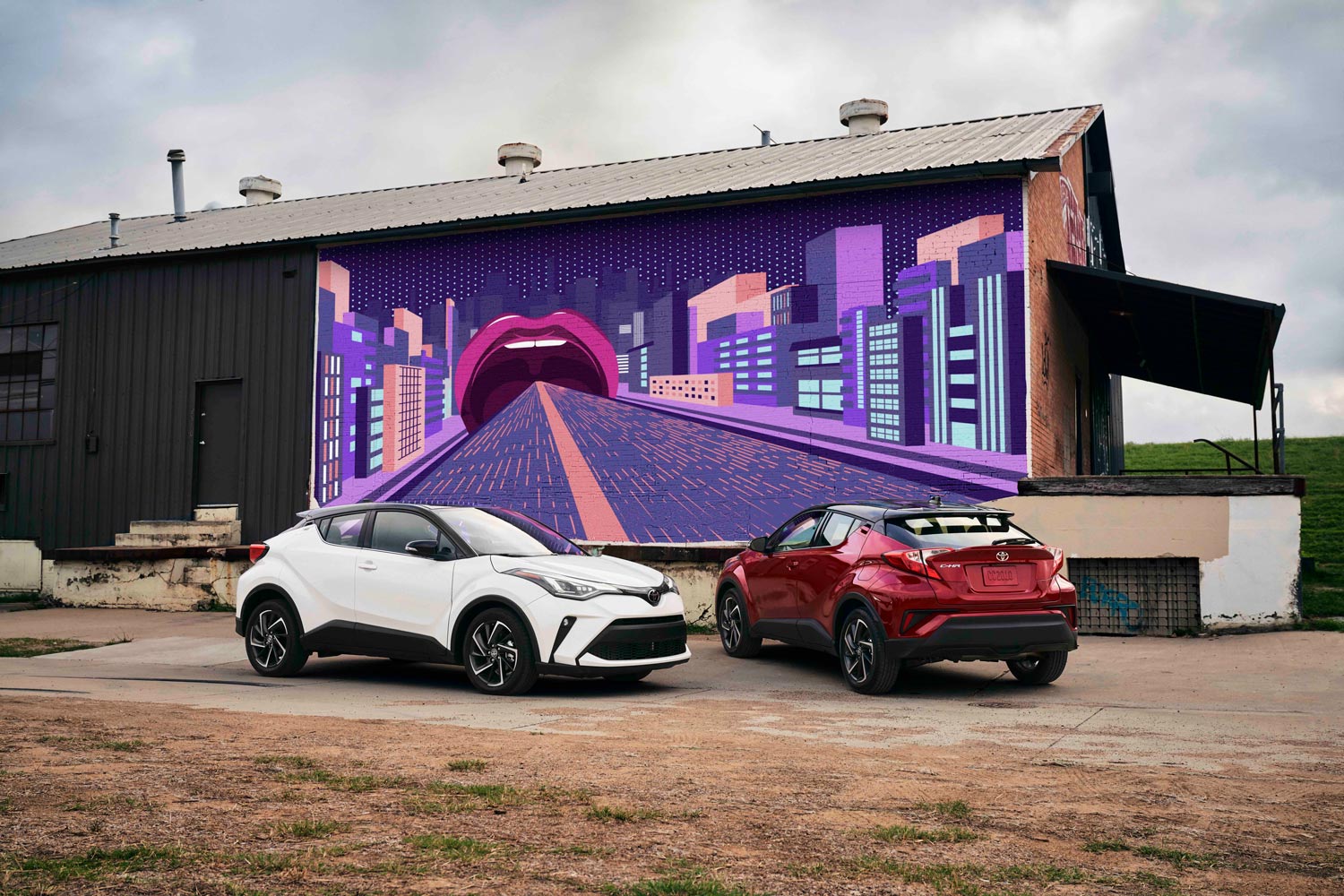 Toyota
Toyota
Toyota C-HR
The Toyota C-HR sat beneath the recently-introduced Corolla Cross and the wildly popular RAV4. The automaker barely sold 12,141 of the older C-HR, while the Corolla Cross sailed past 56,000 deliveries in its second full year of sales. Upward pressure from the Corolla Cross no doubt played a part in the C-HR’s discontinuation, as well as confirmation of a new generation overseas that Toyota doesn’t plan to bring here.
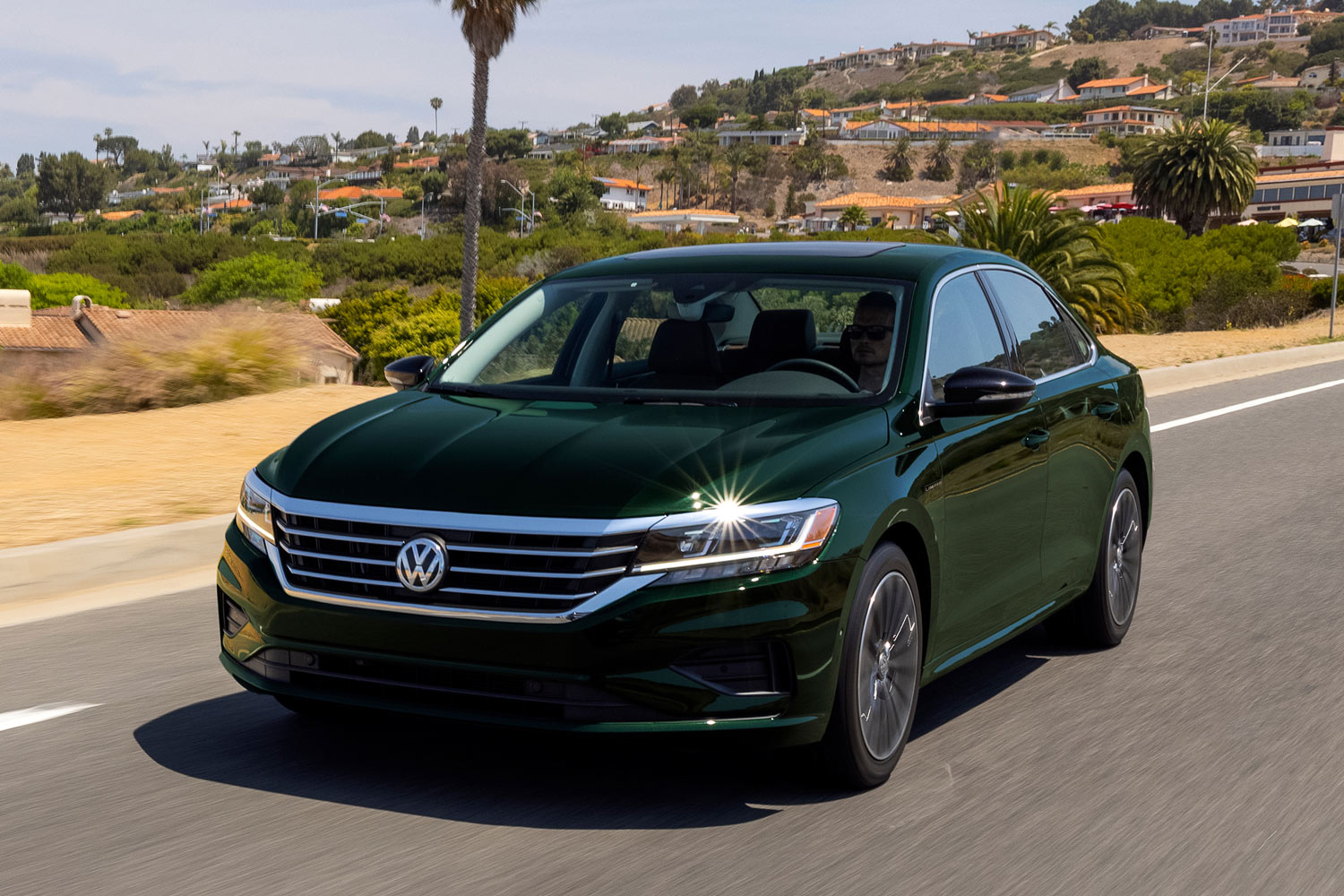 Volkswagen
Volkswagen
Volkswagen Passat
VW said auf wiedersehen to its Passat midsize sedan last year with a limited-edition trim level commemorating the sedan’s four decades of production—though the first ones wore the Dasher badge here in the U.S. The Passat’s discontinuation cleared room for VW to build more ID.4 electric cars at its Chattanooga, Tennessee, assembly plant.
Written by humans.
Edited by humans.
 Andrew Ganz
Andrew GanzAndrew Ganz has had cars in his blood ever since he gnawed the paint off of a diecast model as a toddler. After growing up in Dallas, Texas, he earned a journalism degree, worked in public relations for two manufacturers, and served as an editor for a luxury-lifestyle print publication and several well-known automotive websites. In his free time, Andrew loves exploring the Rocky Mountains' best back roads—when he’s not browsing ads for his next car purchase.
Related articles
View more related articles